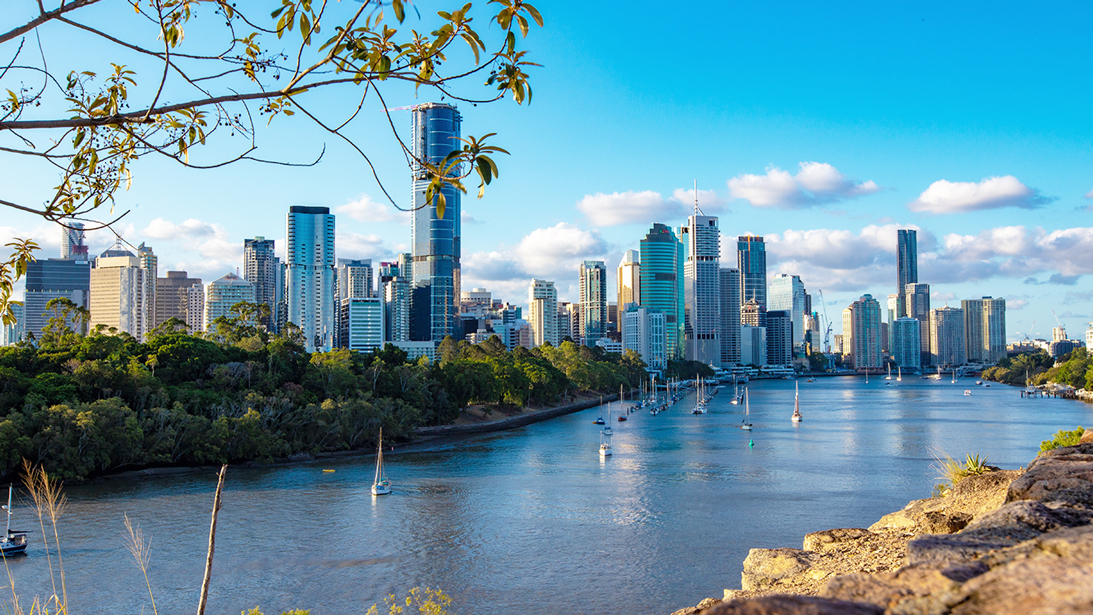New report outlines 6 steps to a WSC transition
As we near the June 2021 conclusion of the CRCWSC, we proudly report that in Australia the concept of the water sensitive city (WSC) is now widely used to represent an aspirational state in which efficient, sustainable and productive water use and management is integrated throughout the urban system.
But the shift from conventional water management to a more integrated and holistic approach is significant. A key insight from the growing field of transition studies is that effectively steering processes of change relies on a shared vision that provides a framework to orient action towards a common set of goals, as well as a clear understanding of the range of strategic pathways that need to be pursued to achieve the transition.
Since 2012, our IRP1 – Water Sensitive City Visions and Transition Strategies program has worked to translate these conceptual insights on enabling sustainability transitions to support real-world water system changes. The team used the participatory transitions management approach of bringing stakeholders together to generate a shared understanding and motivation for enabling transitional change, to develop a common vision to guide action, and to identify pathways for change that offer a roadmap for navigating change processes.
Through 7 case studies cities (Adelaide, Bendigo, Gold Coast, Perth, Sydney and Townsville), our IRP1 team developed, tested and refined our transition support tools (building on project A4.2 – Mapping Water Sensitive City Scenarios), and provided strategic insights about transitioning to water sensitive cities in Australia.

To give readers a sound understanding of the key transition planning steps we adopted in IRP1 and A4.2, we have just released, An enhanced WSC visioning and transition planning methodology. This report is the final output of IRP1.
The report walks the reader through our methodology, known as the WSC transition planning process, for developing a WSC vision and transition strategy for a city or region. It draws on the success of our transition planning processes with our 7 case study cities. The methodology covers six steps:
- Laying the foundations – Engendering commitment to collaboration from participants (and facilitators), multidisciplinary participation and perspectives, and participation of individuals with the necessary influence to exert change over organisations
- Understanding the system – Diagnosing current strengths and areas for improvement relating to WSC principles and practices, based on desktop review and analysis and application of our WSC Index to understand and benchmark current WSC performance
- Narrative building and envisioning – Drawing out the deep values, connections and aspirations that participants have about their city. The narrative and vision that emerge from this phase form the foundation for strategic planning and action development that will lead to transformative outcomes
- Transition planning – Understanding the city’s current barriers and constraints and articulating a pathway for overcoming them. Focus is on how to progress a city’s current water sensitive performance and make strides towards its vision
- Action development – Developing actions that will advance the strategies identified and prioritised in the previous activities
- Implementation support – Bringing together all the insights generated through the earlier stages of the process to consider what initial and ongoing resources, governance arrangements and external support will be needed to drive implementation of the city’s WSC vision and transition strategy.
Since completing our research, we have implemented versions of this 6-step methodology in a range of other cities in diverse contexts, all with positive outcomes. From this we’ve been able to adapt and further experiment with activities within the broad methodology framework. This have given us confidence that our approach can be readily applied, tailored and localised to support cities and towns across Australia and internationally as they pursue their vision of a water sensitive city.
All the tools and resources under our WSC transition planning process will be available on our new Knowledge Platform, to be officially launched during our 5th Water Sensitive Cities Conference on 15–18 March.